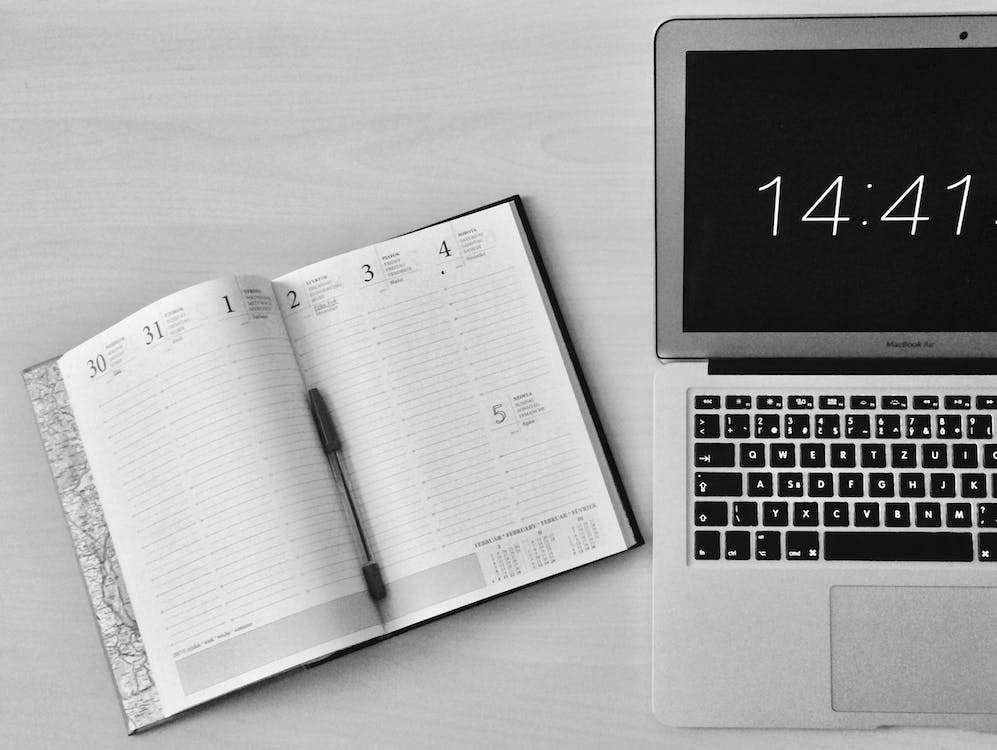
Getting all your tasks accomplished during the day is a struggle many managers, employees, and entrepreneurs face. Time management is a difficult skill to acquire, as it takes a complicated mix of soft skills. In this article, you will learn useful time management tips that will help you become more productive as an employee or a business owner.
Eight Tips For Time Management At Work
There are various ways to help yourself stay on top of everything you have to get during the day. These are the top time management tips to help you effectively utilize your time at work and complete more tasks daily.
Start Early
The way you start your morning influences your accomplishments for the day. This is why it is recommended that you always start early to ensure you get more done and are more productive. Creating a routine to prepare yourself to focus, such as eating a good breakfast or doing some light exercise can help you start your day right.
Read Also: Seven Ways Construction Project Management Software Can Help With Job Costing
Practice Delegation
If you are in charge of leading a team, it can be hard to identify which tasks to tackle yourself and which to hand off to someone else. As you work with the members of your team, look out for their individual strengths and weaknesses so you can hand off responsibilities that they can complete successfully.
Make sure you keep detailed lists and schedules so you can keep track of what needs to be accomplished, and set regular points to check in with your team members to answer any questions and make sure everything is progressing in the right direction.
Prioritize
To manage your time effectively, you should learn your priorities and how to set them. Regardless of how many important tasks you have to carry out daily, certain ones take precedence over others and will take more of your time. You should set out to do these tasks as early as possible to avoid overload or pressure later on. You should set your priorities based on the level of importance rather than urgency.
If you are a manager, correctly prioritizing your responsibilities can also help you identify which tasks should be carried out by you, and which can be passed on to someone else. If you are hesitant to hand off work to someone else, you can gain trust and confidence by starting with tasks of less importance, and working your way up to more important responsibilities.
Work Without Distractions
It is easy to get distracted while working, especially when working in an open office space. To make this easier, you can take short breaks after completing a task. This will give you time to handle these distractions when you’re free.
Putting your phone on airplane mode or leaving it in a separate room if you are working from home can also help you get more done without distractions. According to Statista, over 53 percent of people working from home during the COVID-19 pandemic found that their smartphones were affecting their ability to focus.
Avoid Procrastination
Procrastination is one of the biggest killers of tasks and goals, especially with work. Humans naturally tend to avoid stressful tasks, especially when they seem difficult or time-consuming. If you can find a way to encourage yourself to get your tasks done at the right time while avoiding procrastination, you will be more productive each day.
Many people also find themselves procrastinating when they are working at jobs that no longer interest them. If you think a career change would help re-motivate you, try gaining new skills after work and explore your options. Accessible resources including online coding bootcamps like Coding Dojo and Thinkful can help you gain new tech skills on a flexible schedule.
Focus On One Task At A Time
Many solopreneurs, managers, and small business owners know that there are rarely enough hours in the day to finish everything that needs to get done, making multitasking unavoidable. It often seems like multitasking helps you get more done, but that isn’t the case. It only appears to make you more productive when in the real sense, it’s slowing you down.
Whenever possible, try to give 100 percent of your attention to the task in front of you. This will help save you time in the long run, because you are less likely to make mistakes and you’ll complete the task more quickly.
Take A Break Between Tasks
Taking a break between tasks allows you to rest and reset. This will allow your brain to relax and your body to energize. When you jump from job to job without a break, your brain will wear out quickly and make you less productive. You can unwind by taking a walk, drinking coffee, or doing anything else that calms you.
Learn To Turn People Down
If you love to help people, regardless of how it affects you, you’ll find that you don’t get as much done at the end of the day. This is because you’ll spend your time doing tasks for others. When colleagues come to you for help, sometimes it is okay to say no, especially when you have a busy schedule. However, you can help them when your schedule permits.
If you are in charge of leading a team, you may find yourself pulled in multiple directions by people who need your guidance. It might make sense to set up a scheduled time to catch up with your coworkers so that you can address issues that aren’t time-sensitive. This will allow you more uninterrupted time to focus on your own work.
Conclusion
Managing your time doesn’t have to be as difficult as it may seem initially, even when you’re busy and have a tight schedule. If you are able to properly prioritize, avoid distractions, and delegate tasks effectively, you’ll get more done in less time, have some free time, and feel more accomplished at the end of each day.
Additionals:






